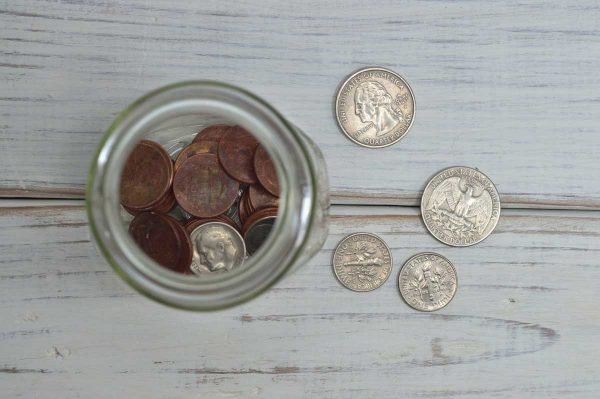An auction house plays a crucial role in evaluating and selling essential artefacts. These can be anything from a piece of art to an antique or even a historical item. An auction house is an intermediary between the seller and the buyer, ensuring the transaction is fair and transparent.
Therefore, when looking for an auction house with high ethical standards, ensure your artwork and other artefacts are sold transparently. An excellent place will allow you to buy various items, adding to your existing collection of valuable paraphernalia.
The following points explore the role of an auction house in the valuation and sale of priceless artefacts.
Table of Contents
Valuation
In the case of important artefacts, such as famous paintings, valuation is crucial as it determines the starting price for the auction. The auction house has a team of experts well-versed in different fields, such as art, antiques, and history. They have years of industry experience and are well-equipped to accurately determine an item’s value.
The valuation process starts with an initial examination of the item, wherein the experts will study the item’s condition, age, historical significance, and provenance. They will also conduct extensive research to gather as much information as possible about the item. Based on this information, they will arrive at an estimated value for the item.
It is vital to note that the estimated value is just a starting point for the auction. The final price that an item sells for can be much higher than the assessed value, depending on the demand for the item and the bidding activity during the auction.
Marketing
Once the item has been valued, the auction house will start marketing the item to potential buyers. This includes creating a catalogue showcasing the item’s history and provenance. They will also use various marketing channels to reach potential buyers, such as social media, print media, and email campaigns. They have a vast network of collectors, dealers, and museums to which they can market the item. This ensures that the thing receives maximum exposure and a high level of interest in it before the auction.
Finally, preparing for an auction is a complex process that involves a lot of work behind the scenes. The auction house will ensure that the item is in excellent condition for the auction, which may include cleaning, restoration, or framing the thing, depending on its condition.
Finding an auction house
Finding a reliable auction house is crucial when selling or buying a vital artefact as it ensures legitimacy. While there are many alternatives to choose from, not all are equal. Researching and choosing an auction house with a good reputation in the industry is essential. When looking for an auction house with an extensive team of experts with years of experience, see that they have a vast network of buyers and a transparent bidding process.
Reading reviews and testimonials from clients can also help determine the trustworthiness of an auction house. Ideally, a good place allows you to register online and begin bidding for desired items without hassles. You can also have their experts appraise artefacts you wish to sell and display them on their galleries, newsletters, and other critical portals.
Therefore, relying on a reputable auction house ensures that the valuation and sale of your essential artefact are conducted fairly and transparently, resulting in a successful transaction.





